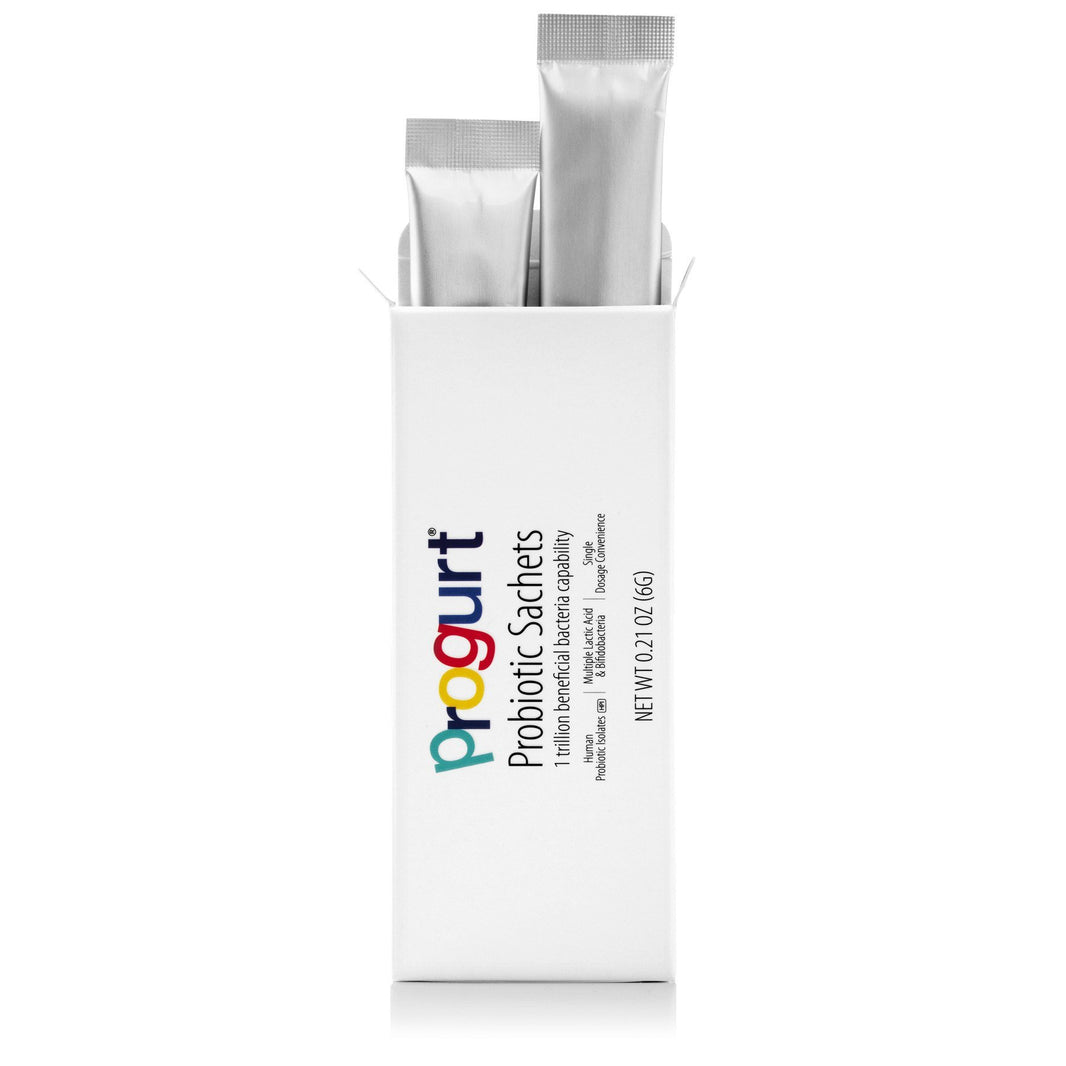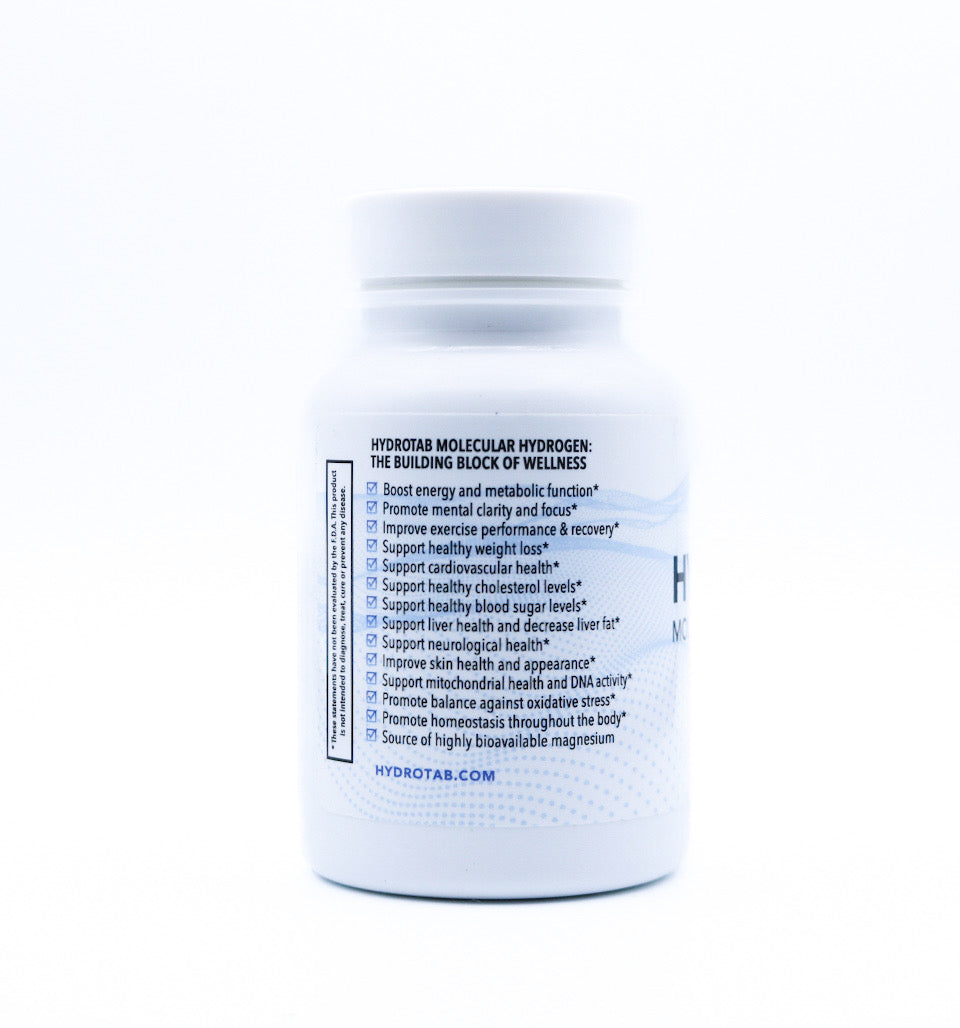In today's world where gut health is becoming more focused, bloating is still an unwanted guest in our daily lives. Despite being a common occurrence, bloating—characterised by the sensation of increased pressure within the abdomen often accompanied by visible distention—can be a complex issue to handle. This comprehensive guide will take you on an exploration of the belly of the bloat, equipping you with strategies, insights, and dietary wisdom from the functional medicine model to combat this troublesome but often misunderstood condition.
Understanding Bloating and Its Impact on Daily Life
Bloating isn't just physical discomfort after a big meal; it can have a profound effect on different aspects of life. Daily activities, body image, and even social gatherings can become strained due to the unpredictability of bloating. The discomfort can stem from an excess production of gas, intestinal disturbances, or fluid retention within the digestive system (1). The first step to reclaiming control over your digestive health is understanding the root cause of bloating.
The Science Behind Bloating: Digestive Process and Common Triggers
Understanding the triggers of bloating requires a basic review of digestive physiology. Our gut is a complex ecosystem where food undergoes a multi-stage breakdown involving mechanical, enzymatic, and microbial processes (2). Certain foods and factors can disrupt this process:
- Resistant Starches and Fibres: Some carbohydrates are resistant to digestion, leading to their fermentation in the colon and the production of gas (3).
- High-Sodium Diets and Fluid Retention: Excessive salt can lead to fluid retention within the gastrointestinal (GI) tract, which can cause bloating (4).
- Artificial Sweeteners: These can cause bloating due to their indigestibility and their ability to alter the gut microbiota (5).
- Poor Dietary Habits and Eating Too Quickly: Eating too quickly and not chewing adequately can cause swallowing of air, leading to built-up gas (6).
How to Identify Your Bloating Triggers: Keeping a Food Diary and Common Patterns to Look Out For

Identifying personal bloating triggers often resembles a complex detective investigation. One of the most effective methodologies for uncovering these triggers is to maintain a meticulous food diary. This diary serves not just as a record but as a powerful tool in the investigative process. It's not uncommon to find that bloating occurs more frequently after consuming certain types of foods or ingredients, or it may be more prevalent during specific hormonal phases for some individuals, such as during their menstrual cycle.
By recording not only what you eat but also when you eat, the portion sizes, and any symptoms that follow, you begin to piece together a clearer picture of your digestive health. This detailed tracking helps to identify trends and patterns which might not be evident without such structured documentation. Additionally, noting how you feel emotionally can also play a crucial role, as stress and anxiety are known to influence digestive processes.
Armed with this information, you can start to make informed decisions about dietary adjustments that may be necessary to improve your digestive wellness. Identifying your personal bloating triggers with the help of a food diary is a proactive step towards managing and mitigating uncomfortable symptoms and enhancing your overall quality of life.
Dietary and Lifestyle Changes to Enhance Digestive Health
One common issue that many people face is bloating, which can often be alleviated by making thoughtful adjustments to both diet and lifestyle. To aid in creating a more harmonious digestive system, consider the following detailed suggestions:

- Probiotics and Fermented Foods: Incorporating probiotics and fermented items like yoghurt, kimchi, and sauerkraut into your diet can significantly improve the microbial ecosystem in your gut. These foods are beneficial in enhancing the gut's ability to digest complex carbohydrates, leading to a reduction in gas and discomfort (8).
- Hydration: Ensuring you drink enough water throughout the day is crucial for maintaining soft stool consistency and promoting regular bowel movements, which in turn helps to prevent constipation. This type of bloating is often due to inadequate fluid intake, making hydration a simple yet effective remedy (9).
- Mindful Eating: The practice of eating mindfully involves chewing your food slowly and thoroughly, which can decrease the amount of air swallowed during meals. This habit not only aids in reducing bloating but also enhances the synchronisation of digestive enzymes and stomach acids, improving overall digestion (10).
- High-Quality Fibre: Gradually increasing your intake of soluble fibre can provide significant relief from bloating by ensuring regular bowel movements. Soluble fibre absorbs water and forms a gel-like substance during digestion, easing the passage of stool. Excellent sources of high-quality soluble fibre include oats, flaxseeds, and psyllium husk. Start with small amounts and increase gradually to give your body time to adjust without causing additional gas or bloating (11).
By implementing these dietary and lifestyle adjustments, you can support your digestive health and mitigate issues like bloating, leading to a more comfortable and balanced gut environment. Stool testing is advised in long-term cases that do not resolve with these suggestions.
Extended Tips for Reducing Bloating: From Mindful Eating to Comprehensive Stress Management Seeking Professional Help: When to See a Doctor for Chronic Bloating
In order to combat bloating effectively, it's essential to consider a holistic approach that goes beyond mere dietary adjustments. Incorporating mindfulness and practices aimed at reducing stress can significantly alleviate bloating. Engaging in meditation can help calm the mind and reduce the body's stress response, which is directly linked to digestive health. Gentle exercises, such as yoga, not only improve physical flexibility but also enhance gut function by reducing stress levels. Ensuring adequate sleep is another cornerstone of digestive comfort; a well-rested body is better equipped to manage digestion and prevent bloating. (12).
Furthermore, a personalised approach to identifying and managing individual stressors can have a profound impact on reducing bloating. Since stress is known to adversely affect gut health through the gut-brain axis, understanding and addressing the specific sources of stress in one's life can lead to significant improvements in overall digestive well-being. Whether it's through professional counselling, lifestyle changes, or developing healthier coping mechanisms, taking steps to mitigate stress can be highly beneficial in managing bloating. (13).
While it's commendable to attempt self-remedies, chronic bloating that does not resolve with these suggestions requires expert consultation. Chronic bloating can be a symptom of underlying health issues such as food sensitivities, irritable bowel syndrome (IBS), or celiac disease (14). In a lot of cases, when chronic bloating does not resolve with the suggestions listed, testing is advisable with a functional medicine practitioner alongside your GP to get to the root cause. If bloating is accompanied by severe pain, changes in bowel habits, or unexplained weight loss, seeking medical advice promptly is crucial.
Incorporating Probiotics to Fight Bloating
Probiotics, known as 'good' bacteria, have garnered attention for their beneficial effects on gut health. The Progurt Probiotic Supplements, available from Water for Health, are carefully engineered to help fight bloating. Produced by Water for Health, a renowned health product provider, the Progurt range aligns with functional medicine principles to offer an effective solution for those grappling with bloating.
Conclusion: Empowering Yourself with Knowledge and Strategies to Beat Bloating
Bloating can be a formidable adversary, but with the right knowledge and strategies, it is a challenge that can be surmounted. By adopting a functional medicine approach to gut health, you can unravel the intricacies of your body's responses and make well-informed choices that lead to lasting relief. Remember, every step towards understanding and managing bloating brings you closer to a life of digestive harmony and overall health.
In the journey towards health, education is our strongest ally. By engaging with this guide and utilising the resources provided, you've taken that crucial first step. The road to digestive freedom isn't always straightforward—but with your new knowledge and proactive attitude, it's within your grasp. Be patient with your progress, trust in the process, and soon, bloating can be history, and your days free from the discomforts of an unhappy gut.
Written by Amy Morris, BSc (Hons) Nutritional Therapy. Amy has been a nutritional therapist for 12 years, specialising in recent years as a functional medicine nutritional therapist. Women’s health, and pre-diabetes and type 2 diabetes prevention are Amy’s specialist areas. Diagnosed with a chronic condition called endometriosis at age 20, this is what motivated Amy to study nutrition. Amy has been in remission for 6 years now, attributing powerful nutrition, lifestyle and bio-identical hormone strategies she now shares with her clients.
Water for Health Ltd began trading in 2007 with the goal of positively affecting the lives of many. We still retain that mission because we believe that proper hydration and nutrition can make a massive difference to people’s health and quality of life. Click here to find out more.
References
- Addiss, D. G., Shaffer, N., Fowler, B. S., & Tauxe, R. V. (1990). The epidemiology of appendicitis and appendectomy in the United States. American journal of epidemiology, 132(5), 910-925.
- El-Salhy, M., Ostgaard, H., Gundersen, D., Hatlebakk, J. G., & Hausken, T. (2012). The role of diet in the pathogenesis and management of irritable bowel syndrome (Review). International journal of molecular medicine, 29(5), 723.
- Birt, D. F., Boylston, T., Hendrich, S., Jane, J. L., Hollis, J., Li, L., ... & Whitley, E. M. (2013). Resistant starch: promise for improving human health. Advances in nutrition, 4(6), 587-601.
- Graudal, N., Hubeck-Graudal, T., & Jurgens, G. (2017). Effects of low sodium diet versus high sodium diet on blood pressure, renin, aldosterone, catecholamines, cholesterol, and triglyceride. Cochrane Database of Systematic Reviews, (4).
- Nettleton, J. E., Reimer, R. A., & Shearer, J. (2016). Reshaping the gut microbiota: Impact of low calorie sweeteners and the link to insulin resistance?. Physiology & behavior, 164, 488-493.
- Bays, H. E., Chapman, R. H., & Grandy, S. (2007). The relationship of body mass index to diabetes mellitus, hypertension and dyslipidaemia: comparison of data from two national surveys. International journal of clinical practice, 61(5), 737-747.
- McKenzie, Y. A., Bowyer, R. K., Leach, H., Gulia, P., Horobin, J., O'Sullivan, N. A., ... & Thompson, J. (2016). British Dietetic Association systematic review and evidence-based practice guidelines for the dietary management of irritable bowel syndrome in adults (2016 update). Journal of Human Nutrition and Dietetics, 29(5), 549-575.
- Hill, C., Guarner, F., Reid, G., Gibson, G. R., Merenstein, D. J., Pot, B., ... & Calder, P. C. (2014). The International Scientific Association for Probiotics and Prebiotics consensus statement on the scope and appropriate use of the term probiotic. Nature reviews Gastroenterology & hepatology, 11(8), 506-514.
- Popkin, B. M., D'Anci, K. E., & Rosenberg, I. H. (2010). Water, hydration, and health. Nutrition reviews, 68(8), 439-458.
- Tribole, E. (2012). Intuitive eating: A revolutionary program that works. St. Martin's Press.
- Dahl, W. J., & Stewart, M. L. (2015). Position of the academy of nutrition and dietetics: health implications of dietary fiber. Journal of the Academy of Nutrition and Dietetics, 115(11), 1861-1870.
- Mayer, E. A., Tillisch, K., & Gupta, A. (2015). Gut/brain axis and the microbiota. Journal of Clinical Investigation, 125(3), 926-938.
- Kiecolt-Glaser, J. K., Derry, H. M., & Fagundes, C. P. (2015). Inflammation: depression fans the flames and feasts on the heat. American Journal of Psychiatry, 172(11), 1075-1091.
- Saito, Y. A. (2011). The role of genetics in IBS. Gastroenterology clinics of North America, 40(1), 45-























